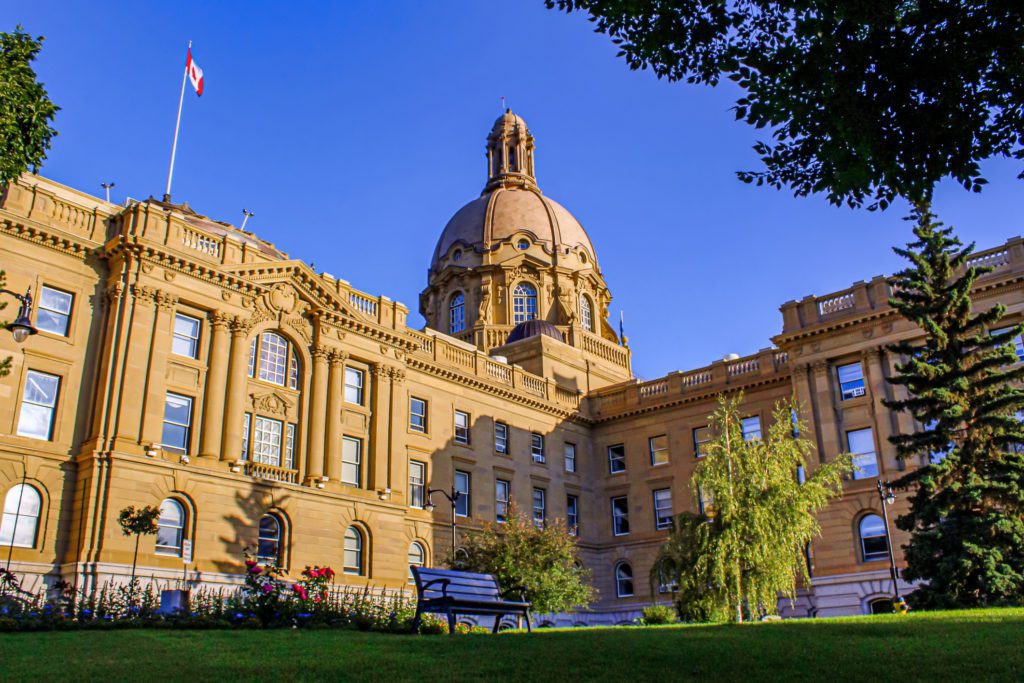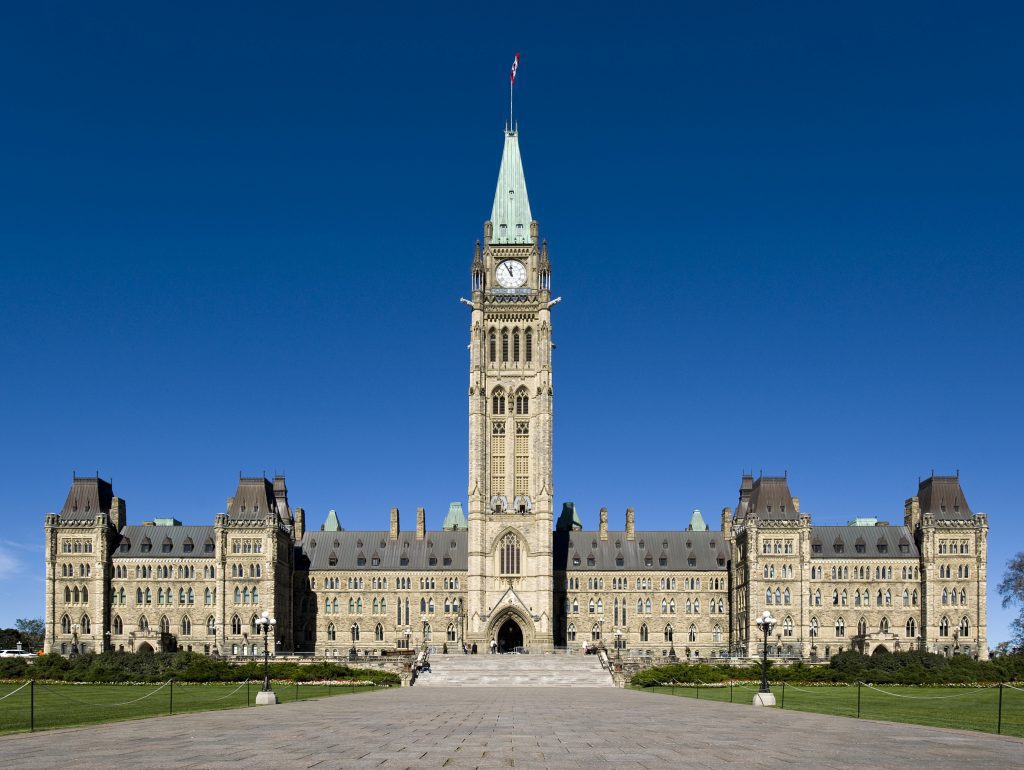ENVIRONMENTAL DEFENCE CANADA, KEEPERS OF THE WATER SOCIETY, ECOJUSTICE, REAL HEARINGS, ALBERTA WILDERNESS ASSOCIATION
National exports of 17-20 million tonnes of thermal coal per year create 8 million cars worth of carbon pollution annually, harm local and global health
Ottawa, Ont. – From March 2-4, 2021, Canada will be co-hosting the first global Powering Past Coal Alliance Summit, along with the United Kingdom. The federal government wants to use this international spotlight moment to claim climate leadership, despite the ongoing mining and exporting of thermal coal in Canada.
“Exporting a product which we don’t deem safe enough for use in Canada is not leadership, it’s hypocrisy,” says Julia Levin, Climate and Energy Program Manager with Environmental Defence. “Canada must use this global moment to put coal in the past, where it belongs.”
As a cofounder of the Powering Past Coal Alliance, Canada claims to be a leader in the rapid global transition away from coal power generation. Domestically, Canada has committed to phasing out coal-fire electricity by 2030.
Notwithstanding these commitments, there are plans for new and expanded coal mining activity in the mountains and foothills of Western Canada, including developments that would produce coal to burn for power overseas. For years, First Nations, community groups, and environmental organizations in British Columbia and Alberta have fought coal projects in their territories and backyards.
“The Government of Alberta is trying to push thermal coal onto Indigenous communities – just as communities were getting into large scale renewable energy projects – and making it seem as though coal is one of the only options for communities to access loans or to invest in,” according to Jesse Cardinal from the Keepers of the Water Society. “As someone who works to protect water for now and future generations, I am angry that we have people in these types of decision making positions who are not only going to destroy the water, land and air, but aren’t even thinking about future generations.”
Not only does Canada continue to allow companies to mine for coal, but the country also exports a significant amount of thermal coal. All in all, Canada’s coal exports produce roughly 40 million tonnes a year of carbon each year, equivalent to 8 million passenger vehicles. Globally, the World Health Organization estimates that thermal coal from all sources is linked to 800,000 deaths each year.
“Continuing to mine and transport thermal coal in Canada is fundamentally incompatible with the Liberal government’s promises to combat the climate crisis”, Fraser Thomson, a lawyer at Ecojustice, said. “This government has tabled a bill that commits to reducing emissions to net-zero by 2050. If Canada is serious about meeting this target at home, it should be equally serious about reducing global emissions with a ban on thermal coal production and exports.”
Export of US thermal coal from Canada is also a concern. Since Washington, Oregon and California have repeatedly declined approval to export the coal due to environmental concerns, the U.S. coal industry has looked to the Port of Vancouver instead. In fact, in recent years up to 40 percent of all coal exported from the Port of Vancouver has been US thermal coal.
“Communities adjacent to rail lines serving the port have to deal with the impacts of the export of thermal coal, including exposure to diesel exhaust particulate and airborne coal dust,” said Eoghan Moriarty from Real Hearings. “Diesel exhaust is a known carcinogen, and exposure to airborne particulate is linked to respiratory illnesses.”
“Canadians are looking to our federal and provincial governments to provide pathways that balance economic opportunities with the social responsibility of actively reducing greenhouse gas emissions.” says Alberta Wilderness Association Conservation Specialist Nissa Petterson. “Banning thermal coal mining in Canada and exports from Canada would be a progressive step that would also prioritize protecting the environment for the security of current and future generations.”
-30-
For more information, or to request an interview, please contact:
Barbara Hayes, Environmental Defence, bhayes@environmentaldefence.ca
Emily Chan, communications strategist at Ecojustice, echan@ecojustice.ca, 1-800-926-7744 ext. 277





